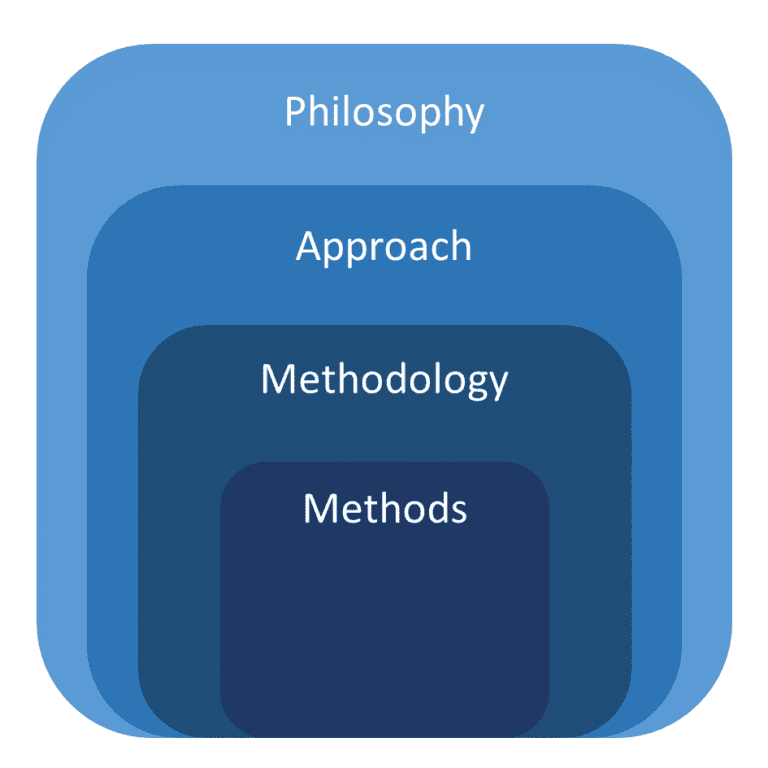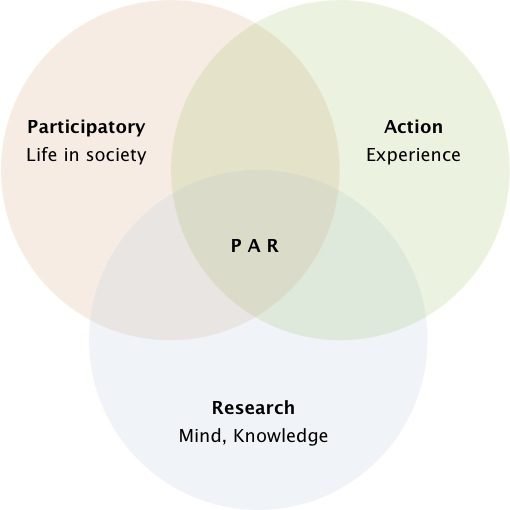ESG diligence is the process of identifying and remedying environmental, social, and governance (ESG) risks. The term “ESG” was first coined to help investors identify areas where companies may be exposed to substantial ESG-related risk, with the goal of making our world sustainable. One of the best places to do your due diligence on a company is by reading through an ESG audit or their latest sustainability report.
A company’s ESG profile can range from poor to excellent depending on how well it performs in meeting international standards for human rights, labor rights, anti-corruption compliance, environmental protection, and sustainable use of natural resources. Companies that score poorly on these benchmarks are more likely than others to face higher costs and lower returns over time. As a result, they create less value for their stakeholders – including shareholders – which can lead to lost opportunity or even bankruptcy when financial markets become volatile or when there is a decline in demand for a company’s products or services.
- Why is the ESG due diligence process important?
- ESG Risk Management Practices
- What are ESG risks?
- How does ESG affect insurance?
- How is ESG due diligence conducted?
- What is ESG messaging?
- What is PE diligence?
- How does ESG due diligence help a PE fund?
- What should you look for in due diligence?
- What does ESG mean in finance?
- What is enhanced Due Diligence means?
- What are some challenges ESG Due Diligence faces?
- What is difference between CDD and EDD?
- How do you do due diligence in a private company?
- What is due diligence in internal audit?
- Caveats, disclaimers & ESG diligence
Why is the ESG due diligence process important?
ESG due diligence is important for any organization in order to identify and mitigate risks that may affect investor returns or to ensure that efforts are being made to improve the company’s ESG profile. Sustainability is now a major criterion for investors and shareholders, to help create value for them by ensuring that companies produce returns that are sustainable, over the long term. This means that there must be a process of ongoing monitoring to reduce public exposure to ESG risks and improve company performance in this regard.
ESG has become much more important because it brings three things together: financial performance, environmental responsibility, and social responsibility. If investors are looking for long-term value creation, then ESG is important to them. Some industries are more exposed than others but most have some exposure or issue that they need to address. The ability of a company to continually increase sales and profits is based on its capabilities in every aspect of the business – including environmental, social, and governance policies.
ESG Risk Management Practices
Companies employ different strategies to manage their ESG risk depending on their industry and culture. For example, some companies apply practices such as:
· Monitoring their ESG impact through collecting statistics and reports;
· Preparing annual sustainability reports;
· Implementing appropriate processes and procedures with suppliers and customers to maintain good relationships with them, particularly in the context of preserving the environment and human rights;
· Ensuring that the company is in compliance with local and international regulations and laws; and
· Introducing programs for continuous improvement in the company’s ESG profile.
No single method of identifying an ESG risk can be effective because no two companies are alike, which means that each must determine what approach will work best for them on a case-by-case basis. It is also important to remember that the application of sustainable practices comprises an ongoing process, not a one-time event that changes little over time.
What are ESG risks?
ESG risks are things that are identified in an audit that may potentially have a negative impact on the business. Diligence is also an emerging area for the insurance industry, including insurers that provide comprehensive risk management solutions. One of the most important aspects of ESG due diligence is its proactive nature. It requires companies to identify and disclose environmental, social, and governance risks that might affect their financial performance. This is useful to investors, lenders, and insurers alike because it helps them prevent potential losses caused by low ESG standards.
How does ESG affect insurance?
ESG factors can have a big impact on insurance because they identify potential risks. Diligence is also an emerging area for the insurance industry, including insurers that provide comprehensive risk management solutions. As an integral part of their underwriting procedures, insurers are now evaluating the ESG risks faced by borrowers to determine what impact these might have on loan performance.
One of the most important aspects of ESG due diligence is its proactive nature. It requires companies to identify and disclose environmental, social and governance risks that might affect their financial performance. This is useful to investors, lenders and insurers alike because it helps them prevent potential losses caused by low ESG standards.
The insurance industry has long been proactive in assessing the environmental impacts of its business activities for many years. As the business world increasingly recognizes how important ESG factors are in preventing material financial losses, insurers will need to stay ahead of the curve in terms of product development, capital allocation, and risk assessment – especially when it comes to insuring energy-intensive sectors such as mining.

How is ESG due diligence conducted?
In order to conduct due diligence for ESG factors, an analyst must understand the company’s business, its products and services, and how it operates. Preparing for ESG due diligence involves reading through financial statements, understanding a company’s governance structure, conducting interviews with employees or members of community outreach organizations, and researching the company’s public-facing image on social media channels.
When performing an ESG analysis, an analyst will review a company’s environmental and social track record to determine if any areas of concern exist. Areas of concern can be identified by looking for potential ESG risks like poor working conditions or the use of child labor. An ongoing business relationship with a supplier that provides goods produced through child labor is unacceptable under most investment guidelines; therefore, this would be an area of concern.
What is ESG messaging?
Sustainable messaging is the process of communicating environmental, social and governance related information to an audience. More than just a materiality philosophy, responsible and sustainable messaging is a vital part of any long-term business strategy.
What is PE diligence?
Private Equity diligence is the process of identifying and remediating any environmental, social, and governance (ESG) risks. This due diligence will ensure that PE investments are socially responsible and align with overall ESG targets.
A common framework used by PE funds to identify and assess these risks is The Principles for Responsible Investment (PRI). PRI was created in 2006, at the initiative of the United Nations Environment Programme Finance Initiative (UNEP-FI), and is an international network of investors working to promote responsible investment. The Principles for Responsible Investment recommends that signatories “undertake environmental, social and governance (ESG) risk analysis and incorporate ESG issues into their ownership policies.”

How does ESG due diligence help a PE fund?
ESG factors can help or hinder a PE fund, as they have been found to impact company performance significantly, or at least correlate with it. A thorough due diligence that includes assessing the ESG issues of the target company will ensure a more accurate risk assessment. This approach can help minimize risk while maximizing financial returns.
What should you look for in due diligence?
There are numerous things that you need to look for when doing your due diligence. Consider that a financial due diligence is an in-depth analysis of the target company investment will establish its actual or potential worth. It includes an evaluation of the organization’s products, services, finances, contracts, and management.
ESG factors considered in this type of review include transparency reporting on issues such as corruption and human rights violations; labor practices; and environmental and social impacts. These factors can include:
1) Conflict Minerals, which are minerals that come from a country where armed conflict or human rights violations take place;
2) Forced Labor;
3) Human Trafficking;
4) Health and Safety Violations; and
5) Environmental Impact.
The goal of PE diligence is to determine the potential risks associated with companies and their practices. The analysis can lead to a reassessment of valuation, divestment decisions, or new partnership terms. To ensure a more balanced deal, these ESG factors are often taken into consideration during negotiations.
What does ESG mean in finance?
ESG in finance is about companies’ impact on society through their activities rather than just focusing purely on financial returns or solely on shareholder value. The goal of ESG-focused investing is to deliver on sustainable economic returns as well as financial ones.
What is enhanced Due Diligence means?
EDD, also known as enhanced due diligence, is an additional layer of risk assessment that builds upon the initial due diligence. It usually includes taking into account new issues that were not identified in the original review, such as human rights violations or corruption.
What are some challenges ESG Due Diligence faces?
One challenge with EDD is integrating it into the PE process. By its nature, EDD is an ongoing requirement that needs to be built into the investment cycle.
Another challenge includes understanding what constitutes “responsible” investment, as definitions vary greatly among different groups and jurisdictions. A holistic definition of ESG risks needs to take place across legal, financial, psychosocial, environmental, and governance contexts.
One challenge with EDD is integrating it into the PE process. By its nature, EDD is an ongoing requirement that needs to be built into the investment cycle.
What is difference between CDD and EDD?
The difference between CDD and EDD is the intensity of due diligence. Enhanced Due Diligence (EDD) supplements a comprehensive customer due diligence (CDD) process. EDD requires additional rules that allow you to know and verify your customers and their beneficial owners prior to establishing a business relationship.
How do you do due diligence in a private company?
For private companies, the process of due diligence can be a lengthy one and is often carried out by external experts or advisors. The aim of carrying out due diligence in a private business is to ensure that there are no hidden risks that may have been overlooked. These risks might not be discoverable through a simple financial model analysis but can lead to a loss for the business in the future.
Some of these risks are likely to be regulatory, product, or process-related. For example, if a newly launched food product is found to have health implications for certain population groups, this could lead to lawsuits and penalties for the business. While there is no legal obligation on businesses to carry out due diligence against ESG issues, they may pose a reputational risk.
In the public sector, there is a legal obligation for companies to carry out due diligence. In most countries, FTSE listed businesses are required to carry out due diligence processes to ensure that their activities do not have a substantial negative effect on society or the environment.
What is due diligence in internal audit?
Due diligence in an internal audit is the process of assessing the effectiveness, efficiency and control environment within an organization. The purpose of conducting these risk assessments is to reduce operational risk and then increase value for shareholders or stakeholders.
As part of the process for carrying out due diligence in an internal audit, one will need to identify areas where there are high risks or opportunities, as well as determine whether it is necessary to take steps to mitigate any risks identified. This will involve reviewing the existing controls both at an organization-wide level, as well as at business unit or process-specific levels.
Caveats, disclaimers & ESG diligence
We have covered many topics in this article and want to be clear that any reference to, or mention of due diligence process, due diligence, diligence process, esg due diligence, diligence reports, diligence esg, business operations, ethical investment decisions, private equity, corporate governance, manage risk, company’s esg performance, esg dd, risk exposure, business plan, company’s esg policies, company operates, investment opportunity, key consideration, reputational risk, company’s operations, key performance indicators, diligence, key personnel, company understands, non compliance, clear understanding, human rights violations, potential risks, relevant laws, child labour, pre investment, environmental impact, esg impacts, esg issues, existing facilities, project sites, illegal behaviors, track record, other stakeholders, helps identify, many investors, different forms, company, carbon emissions, investors, compliance, child labor, company’s esg, process, desk review, transaction, risk, esg, environmental, background checks, focus, same time, services, develop, benefits, acquisition, insights, transactions, governance, financial, assessment, deal, consideration, insight or corporate or determine in the context of this article is purely for informational purposes and not to be misconstrued with investment advice or personal opinion. Thank you for reading, we hope that you found this article useful in your quest to understand ESG.
You might also want to read…

Dean Emerick is a curator on sustainability issues with ESG The Report, an online resource for SMEs and Investment professionals focusing on ESG principles. Their primary goal is to help middle-market companies automate Impact Reporting with ESG Software. Leveraging the power of AI, machine learning, and AWS to transition to a sustainable business model. Serving clients in the United States, Canada, UK, Europe, and the global community. If you want to get started, don’t forget to Get the Checklist! ✅
